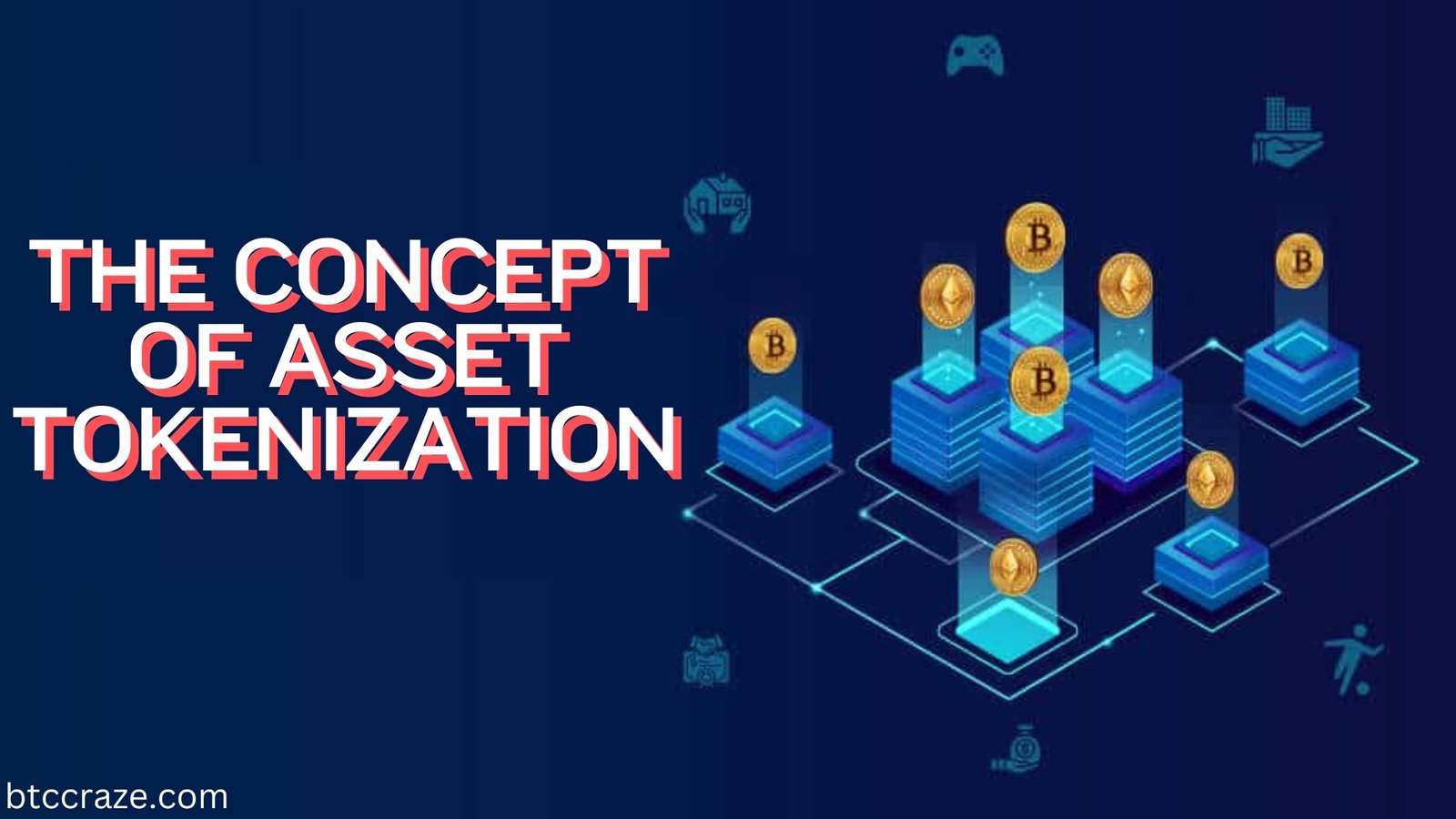The CEO of the $1.6 trillion asset management firm Franklin Templeton, Jenny Johnson, recently spoke with Bloomberg’s David Westin about her unwavering trust in the promise of blockchain technology. Johnson, the granddaughter of the firm’s founder and a prominent figure in finance since 1988, thinks that the asset management sector may be transformed more efficiently and transparent if mutual funds and ETFs are hosted on blockchain networks.
Johnson disclosed that, in addition to $78 billion in private loans, over $900 billion of Franklin Templeton’s assets are held in mutual funds; this highlights the possibility that blockchain technology could lower operational expenses. She said, “We’ve been amazed by how much cheaper it is to operate on the blockchain,” and that this technology presents new investment prospects and massive efficiency. She sees blockchain powering all ETFs and mutual funds in the future, which would be an enormous change for the sector.
So, How Would a Tokenized ETF Work?

Wall Street and Tokenization
Benzinga writes that Wall Street is ramping up its attempts to tokenize various assets to use blockchain technology. Tangible assets, such as equities, bonds, and real estate, and virtual assets, like digital art, can be tokenized by transforming them into digital tokens on the blockchain. Improved liquidity, lower transaction costs, and more investor access are some of the possible advantages of this approach.
Larry Fink, CEO of BlackRock, brought attention to this trend in his 2023 shareholder letter, highlighting the possibility of digital asset technology transforming conventional finance. Fink pointed out that tokenizing different asset classes might simplify capital markets, cut out intermediaries, and decrease transaction fees, making investing more affordable and accessible. Tokenization, with the help of blockchain’s efficiency. The potential to revolutionize financial markets by cutting value chains in half and making operations more transparent for everyone involved.
Generative AI
The discussion turned to generative AI. Generative AI systems have their uses, but Johnson said they were “kind of like the kid who gets an ‘A’ in English and an ‘F’ in math.” After mentioning that Franklin Templeton and Microsoft had just teamed up to create an AI-powered sales assistant, the CEO said there were investment prospects in that field. Additionally, she praised the possibility of financial institutions using AI-based translation services to overcome linguistic obstacles.
The Concept of Asset Tokenization

“tokenization” refers to converting physical assets into tradable digital tokens on a blockchain. Either virtual or actual assets can achieve this. These transferable tokens on blockchain networks can represent the ownership rights to the underlying asset.
Advantages of Asset Tokenization
- Increased liquidity
- Fractional ownership
- Enhanced transparency
- Reduced transaction costs
Franklin Templeton’s CEO Interest in Blockchain
The revolutionary potential of blockchain technology in the banking sector piqued Jennifer M. Johnson’s interest. She understands that blockchain technology can simplify operations, increase safety, and open doors for investors.
Finance Blockchain and Asset Tokenization Benefits
Blockchain and asset tokenization offer several benefits to the finance sector, including:
- Faster and more efficient transactions
- Enhanced security and fraud prevention
- Expanded access to global markets
- Democratization of investment opportunities
Challenges and Risks
Regulator hesitancy, scalability problems, and interoperability concerns prevent widespread blockchain implementation despite the technology’s promise. Further, asset tokenization may result in issues with ownership rights and regulatory compliance.
Franklin Templeton’s Blockchain Strategy
Franklin Templeton has been looking into blockchain solutions to streamline investing procedures and give customers more value. The company’s goal is to remain a frontrunner in financial innovation, and it plans to achieve this by collaborating with tech companies and taking part in industry initiatives.
Success Stories in Finance with Blockchain
Numerous banks have adopted blockchain technology to increase transparency and simplify operations. Case studies show that blockchain technology has transformed supply chain financing, securities trading, and cross-border payments.
Future Outlook
Due to blockchain technology and asset tokenization, the financial sector is ripe for radical transformation shortly. As a result of developing regulatory frameworks and more advanced technology, we may anticipate a rise in asset tokenization across various asset classes and broad acceptance of blockchain solutions.
In Summary
Finally, Franklin Templeton’s CEO is considering investing in blockchain and tokenizing assets, which shows how seriously these concepts are taken as tools to improve financial services. By adopting asset tokenization and utilizing blockchain solutions, financial institutions can generate more value for their investors and tap into new development prospects.
[sp_easyaccordion id=”5059″]

